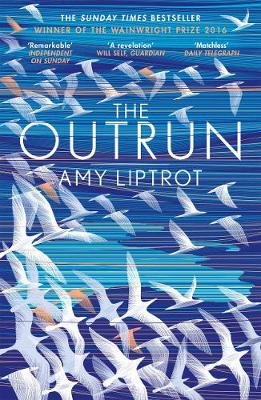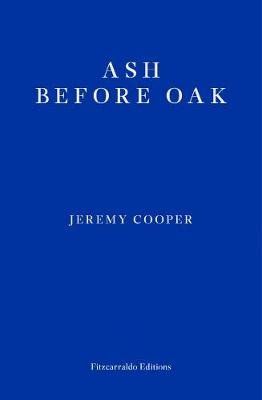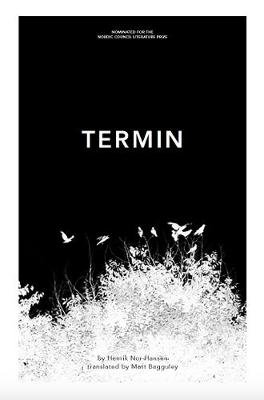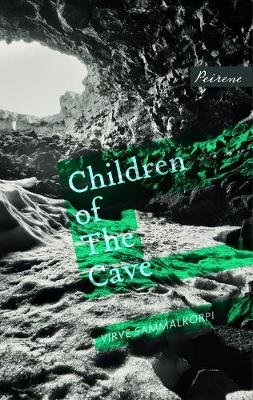In my final year of university, I discovered the local independent cinema, which at the time had its own twice-monthly discussion group with discounted tickets. I jumped in, and had a really enjoyable year exploring films from around the world, whatever sounded interesting. I’ve never lived anywhere since that had a cinema like that nearby, so I couldn’t keep going as I had – ultimately, it was easier to maintain a deep interest in books. But I remember that year of film-going fondly.
I was taken right back to that time by Jeremy Cooper’s new novel. This is the tale of Brian Saunders, a reclusive council worker in London, who discovers the BFI (British Film Institute) and goes to see a film there each night. The world of cinema opens up to him, and he becomes almost-friends with the BFI’s small group of regulars.
First and foremost, I think, Cooper’s novel is a love letter to the cinema. Much of its length is given over to Brian’s thoughts on the films he sees. Even though I haven’t seen most of them myself, I felt again the sense of openness and possibility that comes from being able to range far and wide with films.
Cooper really captures the way that a deep, passionate interest in something can enrich a person’s life. This could be an interest in art, though I don’t think it has to be. It’s the depth of Brian’s engagement which strikes me as most significant.
There are limitations to Brian’s chosen path, though. His film-going deepens his experience of living, but it doesn’t fundamentally change him – he doesn’t suddenly become an extrovert, for example. This gives the novel a note of melancholy, because even though Brian will talk about films with the other film buffs, there’s still a sense that he is holding his full passion for cinema back, or not even allowing himself to acknowledge its extent.
Reading means a lot to me, and sometimes what I read affects me deeply, but it’s not really something that comes up in general conversation. So it’s good to have an outlet like this one where I can try to process my reaction to books and share that with other people who might be interested. Even then, I sometimes find myself holding back, so Brian-the-novel really struck a chord with me.
Naturally, it has also made me want to watch and appreciate more films.
Published by Fitzcarraldo Editions.





Recent Comments